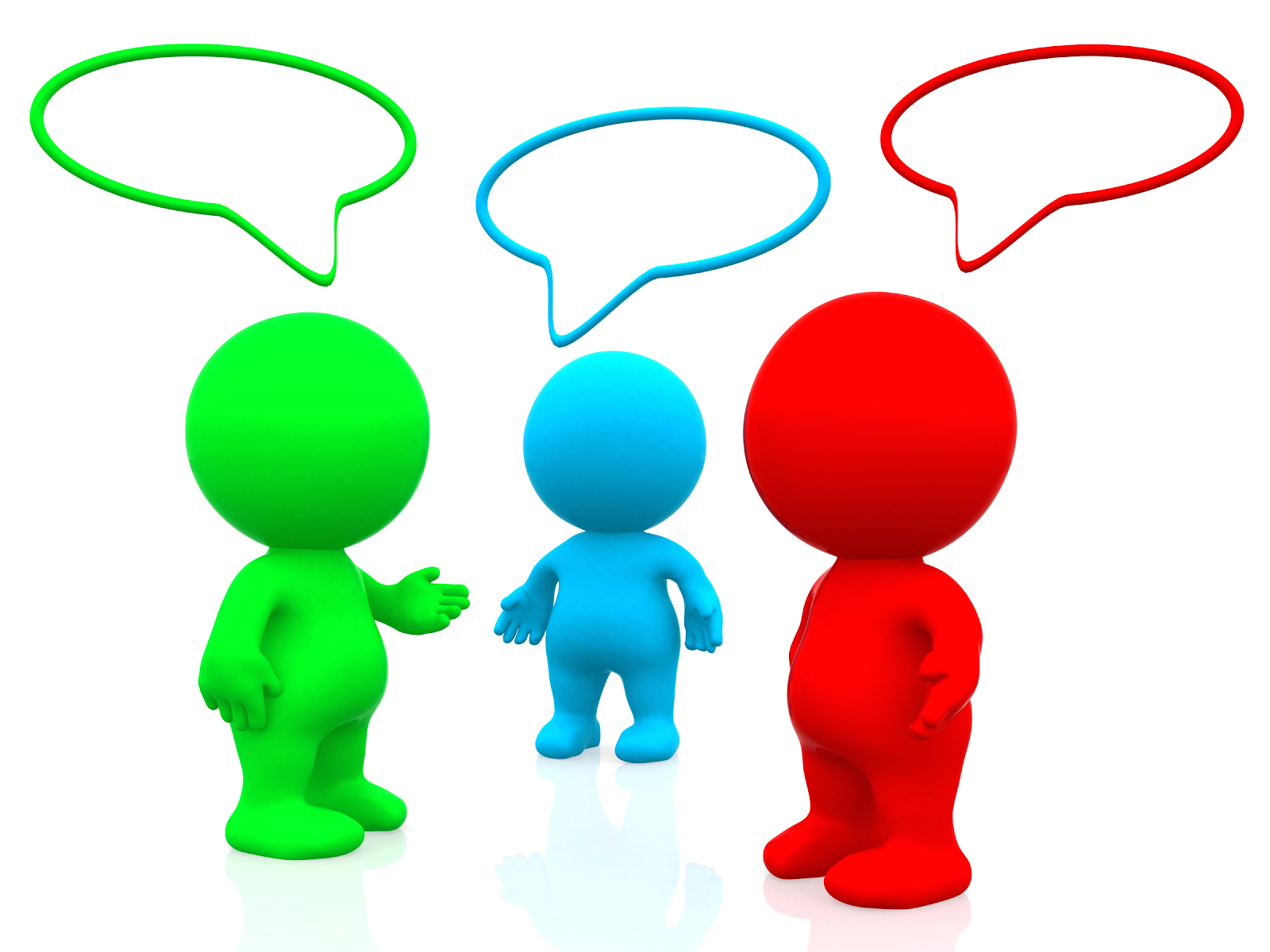Intellectual Pluralism
When it comes to a discussion on any subject under the planet, which has mixed views and opinions, we can take any of the 3 different positions. It could be “for”, “against” or “neutral”, which can be classified as supporter, protester, and observer.
Most often we fall into one of the
first 2 categories. We either support something or protest something. Let’s say
a new change is implemented by the Government, people who benefit from it, will
see it as a welcome change, whereas the people who will be affected by it, will
be aggravated, and agitated. The people who are neither benefited nor affected
will just be silent observers.
So, is the case with the advent of new
technology, a new emerging social norm, or anything that challenges the status
quo?
However, people are not comfortable
when their views or opinions are challenged. They tend to fight back. I believe
Arguments as such are not bad, as long as it turns out to be a healthy
debate. A healthy debate is good for an
intelligent mind. It opens many perspectives. There is a thin line of
difference between a healthy debate and an argument. In a healthy debate, our intention is to find
the truth (what is right?), whereas in an argument our focus is to prove that
we are right (who is right?). In an argument, there is an element of ego
involved, which makes people take things personally. In other words, when
someone challenges our opinion, we take it as a challenge to ourselves and not
just see that only our opinion was challenged. Whereas, in a healthy debate, we
are open-minded and have the courtesy to accept and appreciate the good points,
that are told by the opponent.
What I find worrisome, is people
taking extreme positions, especially social media today is cursed with
polarised views, that it is difficult for one to gain the right understanding
of what is really happening. Similarly, in many social forums, there are polarised
views. They either enthusiastically support something or vehemently oppose
something, without being open to knowing the other person’s point of view. This
leads to polarisation.
Polarisation in turn breeds enmity,
revenge, and demeaning acts of proving each other, which disturbs peaceful
co-existence.
While debate is good, we must ensure
that it doesn’t disturb the social fabric of love that knits all human being
together. When we support something, we will always find more points to support
our views and less points against it. This is called “Confirmation bias”. But
when we are open to listening to what others have got to say, we may find new
perspectives.
In an argument, we have to first and
foremost come to terms that, just like us, everyone has the right to their own
opinion. So, we can’t condemn someone just because they think or believe
differently.
It is OK for us to support a political
party or the actions taken by the government, but we should also be open to
hearing other’s opinions. To see things only from our viewpoint, without
carefully considering the data and information offered by others, is what is
called ‘blindly arguing’.
What is needed today is “Open-mindedness.”
Intellectual Pluralism can thrive only where there is open-mindedness. Unipolar views are not good, for any organization
or country. There is a quote, “If two people think alike there is no need for
one of them.” So, having unipolar views or being surrounded by people who
always agree with you, don’t really add value to us. Intelligence is not about
our ability to prove someone wrong, but our ability to expand our perspectives
based on discussion or even arguments.
Not all debate ends with a convincing
answer. At the end of the debate, we
don’t have to come to a consensus. There can be some missing links. We may want
to buy more time to, read more, or do more research based on the new
information and validate for ourselves, whether what someone said was right or
wrong or come up with counter arguments based on our findings.
Being open-minded is being able to discuss any issue, without being offensive or getting defensive. Intellectual Pluralism is a mark of a matured mind set.
D. Senthil Kannan,
%20Ltd..png)



%20Ltd..png)



%20Ltd..png)






%20Ltd..png)




%20Ltd.-1.png)


%20Ltd..png)